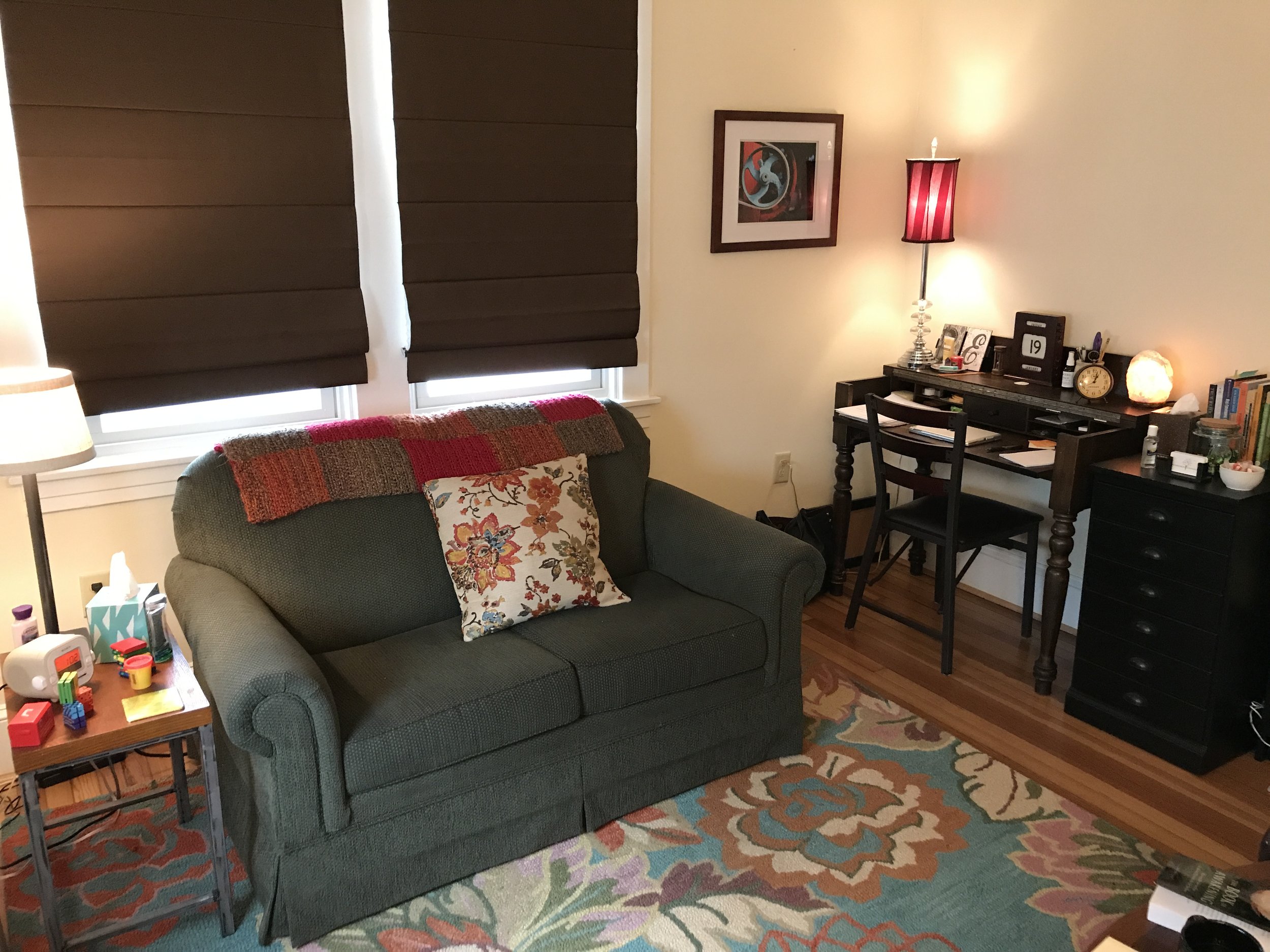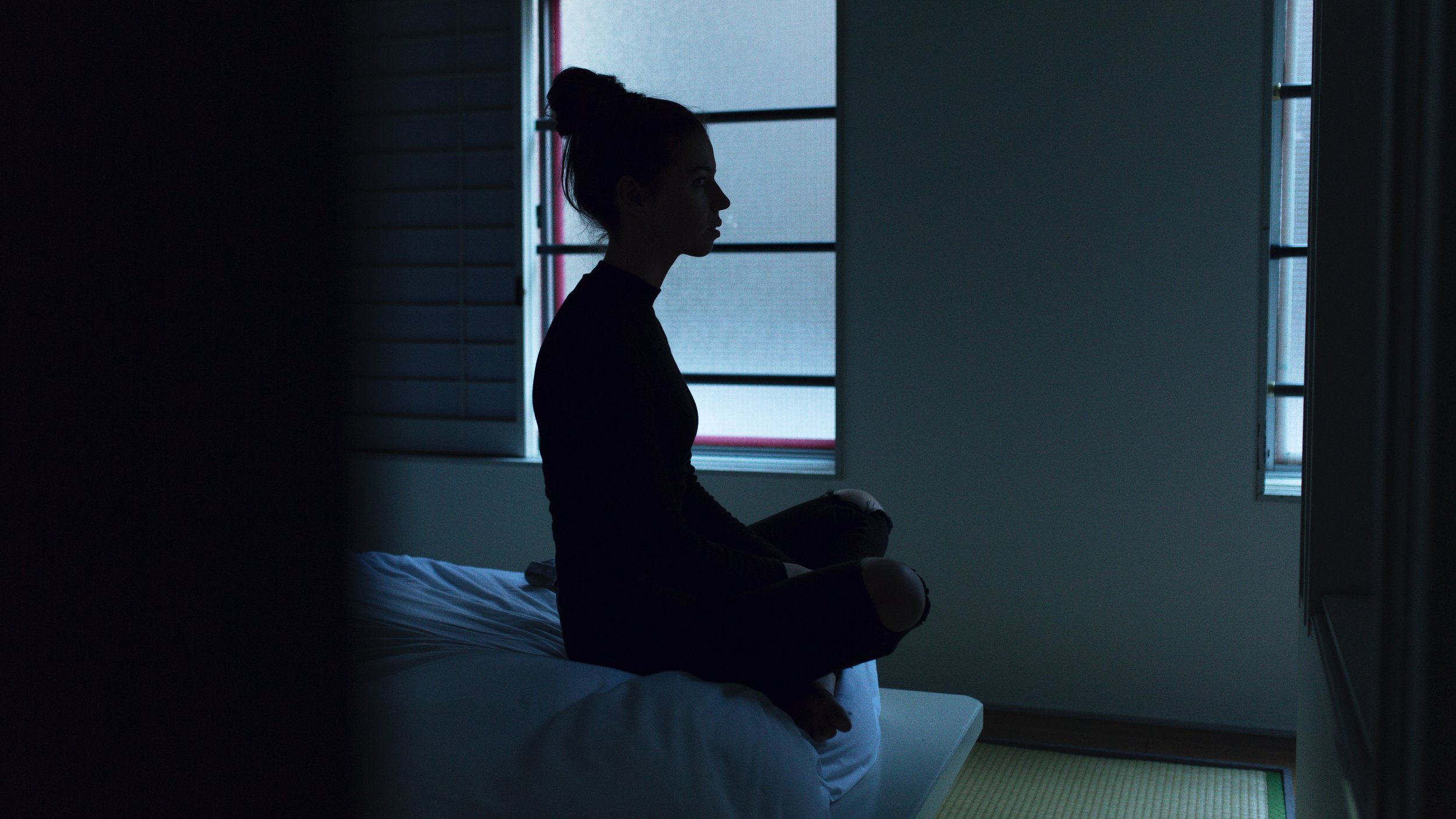Traumatic Memories
Coping with a traumatic event isn’t only about managing what happened at the time, but it’s also a process of managing how it affects you throughout your life. Traumatic memories can be triggered years later or re-experienced through dreams, flashbacks, physical symptoms and emotional overwhelm.
For trauma survivors, traumatic memories can feel very scary. You’re left feeling as if you have no control over your body and mind. The good news is that you can bring some light and healing to the stored trauma by working with a trauma-informed therapist.
Storing Traumatic Experiences
Whenever a traumatic event happens, whether in childhood or adulthood, you store the experience two ways. You store visual memories and you store memories in your body. When these traumatic memories are triggered, some survivors report “seeing” the trauma as if it just happened. They can recall places, faces, smells, sounds and tastes.
Emotions can spring up without prompting, and you can feel as if you’re in a dangerous situation even when the present moment isn’t dangerous or scary. Traumatic memories can also leave you feeling anxious or depressed. It might seem like you’re feeling bad for no reason at all, but when memories that are stored in the subconscious get triggered, intense feelings seem to come out of nowhere.
I know about traumatic memories because I’m a trauma therapist and a trauma survivor. I see my clients struggle in sessions everyday. I also struggled with anxiety for many years without truly understanding the impact my trauma had on me or why I was such an anxious child, teen and young adult.
What I’ve learned as a counseling psychology grad-student, as a therapist and as a client in therapy has helped me understand that you can’t control when your memory is triggered by past events. What you can control is how you react or respond to the feelings and memories as they arise.
Avoiding the feelings that arise when you’re feeling triggered — pushing feelings away, telling yourself to get over it, using substances, disconnecting from your feelings — might help for a short time, but the feelings are still there, and they want to be heard. In my interview with Kristen Ulmer, we discuss how to tune into our fear (which is usually the root of anxiety and depression) so it can be heard and honored. Brain research suggests that naming your feelings can diminish the intensity of these feelings.
Trauma, Difficult Feelings And Therapy
The hard part about naming feelings if you’re trauma survivor is that initially you might not know what you’re feeling. Because the traumatic feelings were stored in the unconscious memory and that helped you survive. You might also be worried that your feelings will overwhelm you if you tune in and pay attention. In fact, trying to resist or avoid your feelings can actually increase the intensity of your emotions.
Working with a counselor who specializes in trauma-informed therapy can help. You learn how to soothe yourself when you’re feeling emotionally overwhelmed. You learn to regulate your emotions as they arise and you learn to honor you story of healing.
Trauma therapy used to mean you had to retell your trauma story in order to heal, but that’s no longer a given. In trauma-focused therapy, you may share the story when you’re ready, but not before you have the skills create a space where your body and mind are ready.
If you’d like to know more about trauma, traumatic memories and healing here are some resources:
I spoke with Laura Reagan and Robert Cox about trauma, the brain and healing. You can find those interviews at WomanWorriers.com.
Dr. Bessel van der Kolk has done some groundbreaking work on the subject of traumatic memories. You can learn about his research in his book , The Body Keeps The Score. Additionally, the Sidran Institute’s article What Arte Traumatic Memories, explains traumatic memories and how they’re stored.
If you enjoyed this blog post and would like more insights into living with anxiety, tune into the Woman Worriers podcast. In each weekly 30-minute episode, host Elizabeth Cush, LCPC, and her guests explore living with anxiety, relationships, parenting, surviving trauma and other topics and offer insights into mindfulness, meditation and other helpful resources.
Elizabeth Cush, LCPC is a therapist, blogger, creator and host of the Woman Worriers podcast, and the owner of Progression Counseling in Annapolis, Md and she’s been featured in these major publications. Elizabeth helps busy, overwhelmed men and women manage their anxiety and stress so they can live their lives with more ease, contentment and purpose. If you'd like to know more about how individual, online and group therapy can help ease anxiety and stress, contact me!
Photos by whoislimos and Anita Jankovic and Michael Browning on Unsplash










































